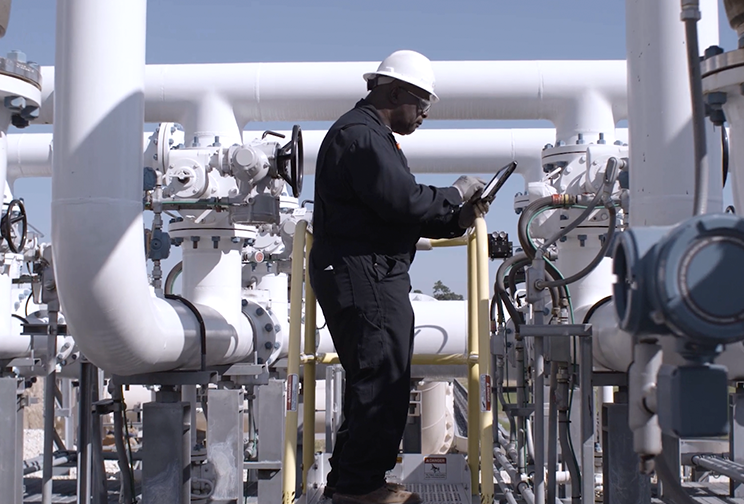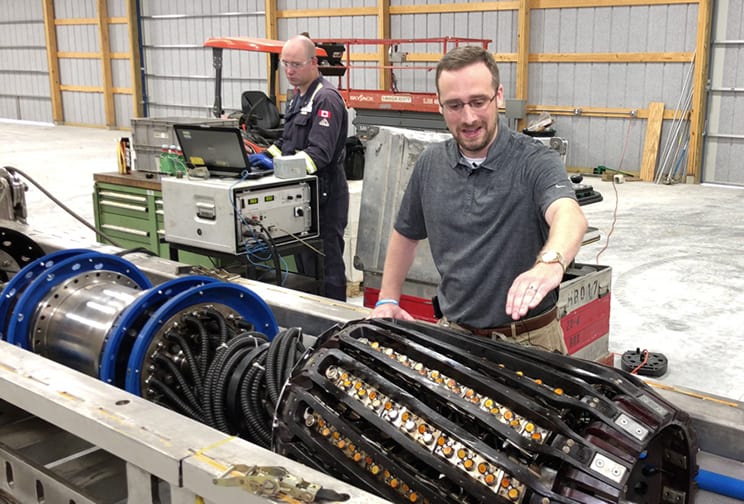CO2 pipelines can increase the profitability of every acre, without changing production.
By transporting carbon dioxide captured from Midwestern ethanol plants, CO2 pipelines help increase demand for corn, adding value to every bushel produced.
South Dakota farmers have been farming over buried pipelines for decades.
Underground pipeline projects restore the land to its intended use and are permanently out of sight.
The South Dakota Economy Benefits from CO2 Pipelines
CO2 pipelines provide a pathway for locally produced ethanol to be sold into new markets, boosting corn production, local jobs and economic growth.
CO2 pipelines transport captured emissions from ethanol plants to permanent underground storage.
This helps ethanol and corn producers in South Dakota open new markets with lower carbon ethanol, supporting jobs and the environment.
CO2 is transported as a liquid through the safest pipelines in the country.
CO2 Pipelines Pay Landowners
Landowners of all types receive income from pipelines under their property. The whole community benefits from the local CO2 pipeline.
The national focus for low-carbon fuels brings a new opportunity for South Dakota corn and ethanol producers.
Capturing CO2 emissions from ethanol production will lower its carbon intensity and prevent those emissions from reaching the atmosphere. Pipelines are needed to transport the captured carbon to permanent storage over a mile underground.
CO2 Pipelines Keep South Dakota Agriculture Vibrant
Benefits for Communities in South Dakota
Operating the CO2 pipeline network will create permanent jobs across South Dakota.
New markets for South Dakota ethanol will come open from the lower-carbon ethanol made possible by CO2 pipeline partnerships.
Fertilizer production and manufacturing in South Dakota could also benefit from CO2 pipelines reducing their carbon emissions.
Landowners will receive payments for their easements, with pipeline locations negotiable and compensation for crop losses in the easement area for the pipeline’s lifetime, even as the land remains income-producing farmland.

Information on how pipelines work, how they are constructed and what pipeline operators do to keep them safe.
Pipelines deliver the benefits of affordable energy, helping us get where we need to go and making life more convenient.
Proactive inspections, preventive maintenance, and 24/7 monitoring all keep pipelines and surrounding areas safe.



